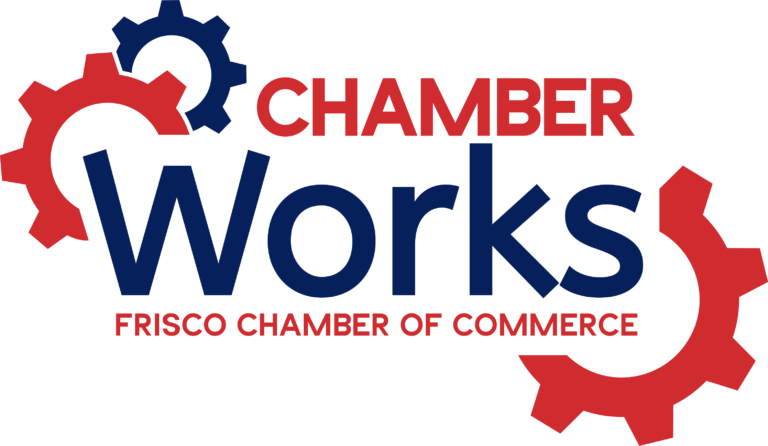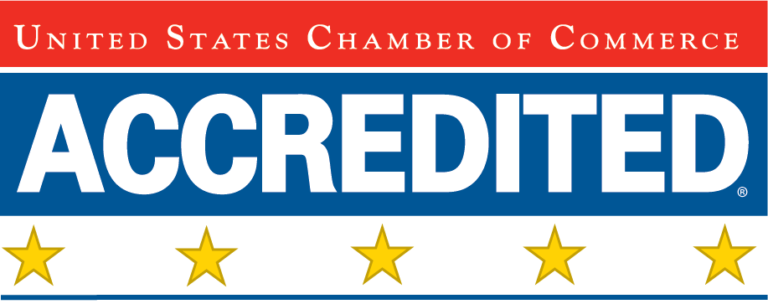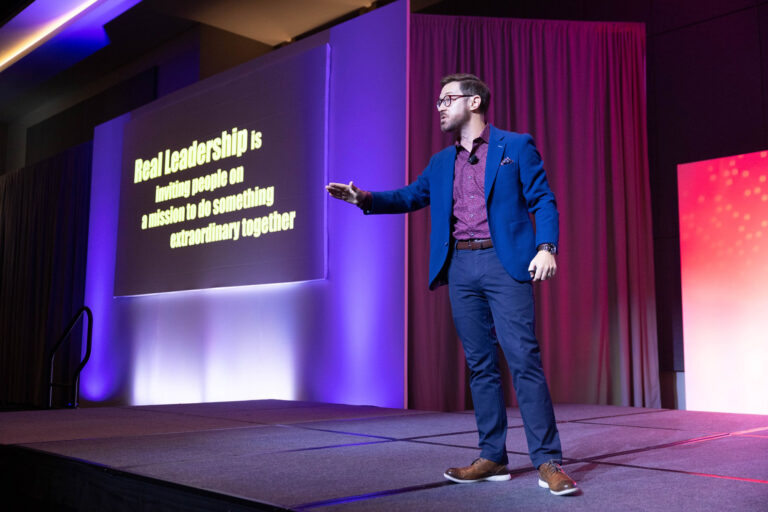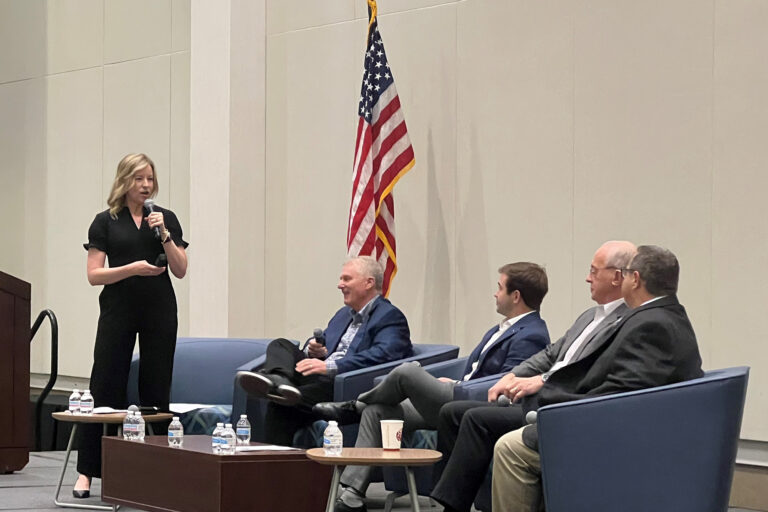Photo courtesy ACCE
The Imperative of Investing in Employee Development
This week, two of our team members, Tony Felker and Christal Howard, had the opportunity to attend the Association of Chamber of Commerce Executives (ACCE) national conference. Then later in the week, our entire team had the opportunity to attend a two-day leadership workshop. This investment in the intentional growth of our team gave me time to reflect on and appreciate the importance of investing in both personal and professional development.
In a world increasingly characterized by rapid changes and unpredictability, businesses have found themselves in a race to remain competitive and relevant. One of the key strategies to ensure this is to invest heavily in employees’ personal and professional development. In this new era, investing in your employees is no longer a luxury, it is a necessity.

Why It Matters
1. Why Employee Development Matters
Employees are the lifeblood of any organization. They represent not only its operational capabilities, but also its potential for growth and innovation. When employees are properly developed, they bring new skills and fresh ideas to the table, enhancing the company’s productivity, efficiency, and overall business performance.
In a rapidly changing global economy, skills that were once considered relevant can quickly become outdated. Consequently, investing in employee development helps companies maintain a competitive edge by ensuring that their employees’ skills are up-to-date and relevant. More than ever, companies need to be agile, and employees need to adapt quickly to shifts in the business environment.
2. The Intersection of Personal and Professional Development
Personal and professional development should not be seen as two distinct categories. Instead, they should be seen as complementary and interdependent facets of an individual’s growth.
The skills acquired through personal development, such as emotional intelligence, resilience, and adaptability, can directly influence an individual’s professional capabilities. For instance, an employee with high emotional intelligence can handle high-stress situations better, effectively communicate with team members, and demonstrate superior leadership abilities.
On the other hand, professional development often improves an individual’s self-esteem, sense of achievement, and overall life satisfaction. This directly impacts their personal life, creating a feedback loop of continuous growth and development.
3. Employee Development and the Future of Work
With the increasing automation and digitization of tasks, the future of work will require employees to develop new skill sets and adapt to new work models. Companies that prioritize employee development will be at an advantageous position, ready to harness the potential of these changes rather than being overwhelmed by them.
Moreover, the COVID-19 pandemic has profoundly changed the dynamics of the workplace, with remote work and flexible working hours becoming increasingly prevalent. To navigate this new reality effectively, employees need to develop new skills such as digital literacy, remote communication, and self-management. This further underscores the importance of continuous learning and development.
4. Employee Development as a Retention Strategy
Investing in employee development is also a powerful employee retention strategy. In an age where job-hopping is common, organizations that offer ample opportunities for growth and development are more likely to retain their best talent. This not only saves costs related to hiring and onboarding but also ensures the continuity of institutional knowledge within the organization.
5. The Bottom Line
The world is changing at an unprecedented pace, and businesses need to adapt swiftly to stay ahead of the curve. Investing in your employees’ personal and professional development is not only an ethical responsibility; it’s a strategic necessity. Employees are your most valuable asset, and by investing in their growth, you are essentially investing in the future of your company.
A Culture of Continuous Learning
In a business environment that’s marked by disruption and uncertainty, fostering a culture of continuous learning and development can be your most potent weapon for success. Let us embrace this new era by prioritizing the development of our employees and setting the stage for sustained business growth and success.
Many small businesses might feel they don’t have the budget for development. There are many free or affordable options available. And simply put, you can’t afford not to invest in your employees.
The Frisco Chamber offers FREE workshops for our members and any employees within their organization. Are you ready to commit to a culture of continuous learning? Why not start now?
I can’t wait to hear your success stories! Drop me a note!
































